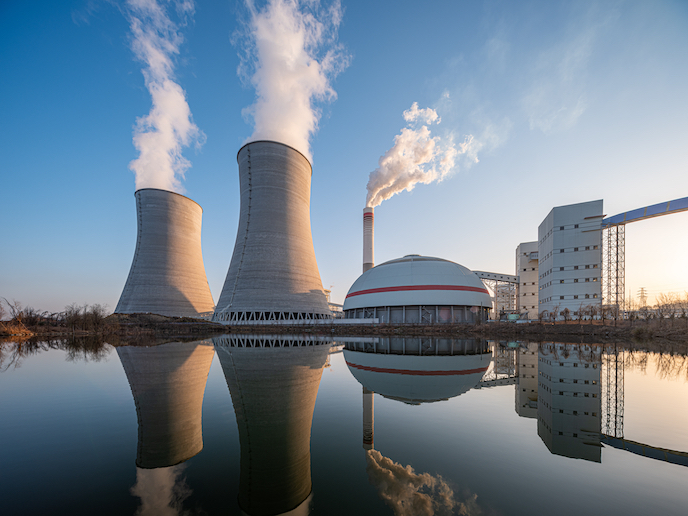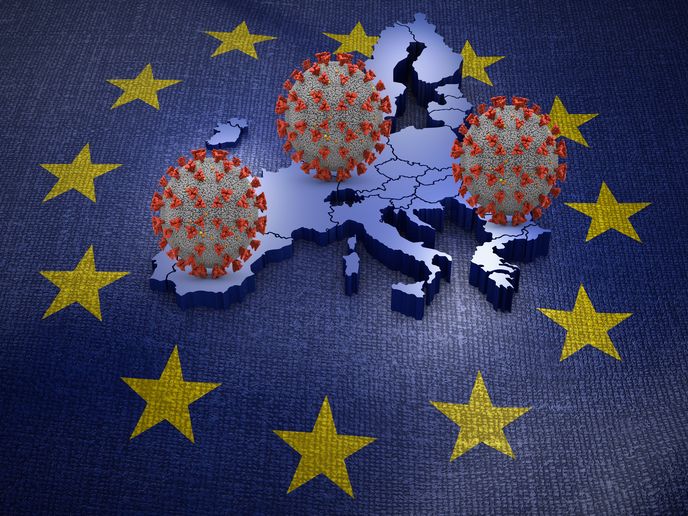Civic vigilance key to successful megaproject governance
Megaprojects, which typically include large-scale and expensive undertakings such as the construction of dams and airports, are invariably controversial. This is, first of all, because of the high political and economic stakes, and the wide range of stakeholders involved. Controversies also stem from the potential of these projects to profoundly transform societies. A new high-speed train line, for example, would generate not only significant economic, environmental and social impacts in communities that it passes through, but would also shape travel habits and decisions concerning the location of housing and businesses. “Disputes between advocates and opponents typically entail sharp disagreements over fundamental values and world views,” notes TENUMECA project coordinator Albert Presas i Puig from Pompeu Fabra University in Barcelona, Spain. “Facing stiff competition from alternative energy sources, and extremely stringent and costly safety requirements, nuclear-sector megaprojects are particularly prone to problems and controversies.”
Constructive controversies
The TENUMECA project, which was undertaken with the support of the Marie Skłodowska-Curie Actions programme, was inspired by the challenges facing nuclear power megaprojects in Finland, France and the United Kingdom. The project wanted to better understand how constructive controversies could be fostered, in order to improve democratic governance of such projects. To achieve this, Marie Skłodowska-Curie fellow Markku Lehtonen, from Pompeu Fabra University in Barcelona, examined the links between the various dimensions of trust, from interpersonal trust all the way to trust in abstract notions such as democracy, the market and the state. He analysed the emergence of counter-expertise organisations, the role of host communities in the surveillance of nuclear waste repository projects, and the ways in which media and international nuclear-sector experts frame the problems and controversies surrounding these projects.
Mistrustful civic vigilance
The project confirmed that megaprojects are like living organisms – they constantly adapt to and co-evolve with their environment. Failure to offer context can result in the kind of difficulties that recent nuclear projects and technologies have faced in gaining legitimacy and credibility, not only amongst the general public and stakeholders, but also within the nuclear community. “The evaluation and governance of these projects need to go beyond a narrow focus on cost, timetable and predefined project specifications,” explains Lehtonen. “Experts tend to blame problems on external factors, rather than on insufficient contextualisation.” The project highlighted the importance of what it calls ‘mistrustful civic vigilance’. Trust-building is easier in countries like Finland and Sweden, where there are high levels of interpersonal trust, as well as trust in institutions and the state. Too much trust, however, can hamper the emergence of constructive civic vigilance, which builds on healthy mistrust towards the powers that be. “Our findings underscore the importance of societal context, the potential virtues of mistrust and the dangers of excessive trust,” says Lehtonen. “They also underline the importance of fostering civic vigilance. To be genuine and lasting, trust needs to feed upon mistrust.” Moving forward, Lehtonen and Presas would like to see these insights integrated into industry and government social responsibility practices. International peer reviews, such as those conducted by the OECD, represent an example of how trust and mistrust can operate in tandem, and support socially more robust decisions and governance practices. Presas is interested in how states have handled the ongoing COVID-19 pandemic. “The COVID crisis has brought issues of trust to the centre stage,” he adds. “Our research in the near future will analyse the governance of COVID from the perspective of constructive mistrust.”
Keywords
TENUMECA, megaprojects, nuclear, democracy, civic, trust, civic vigilance, governance







